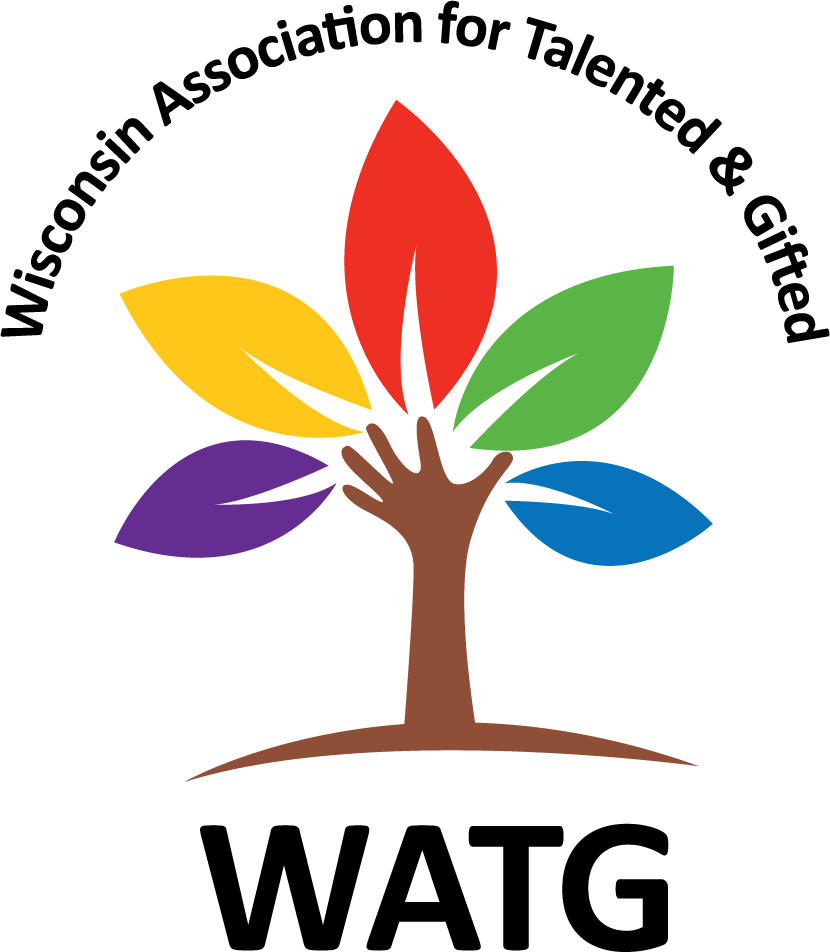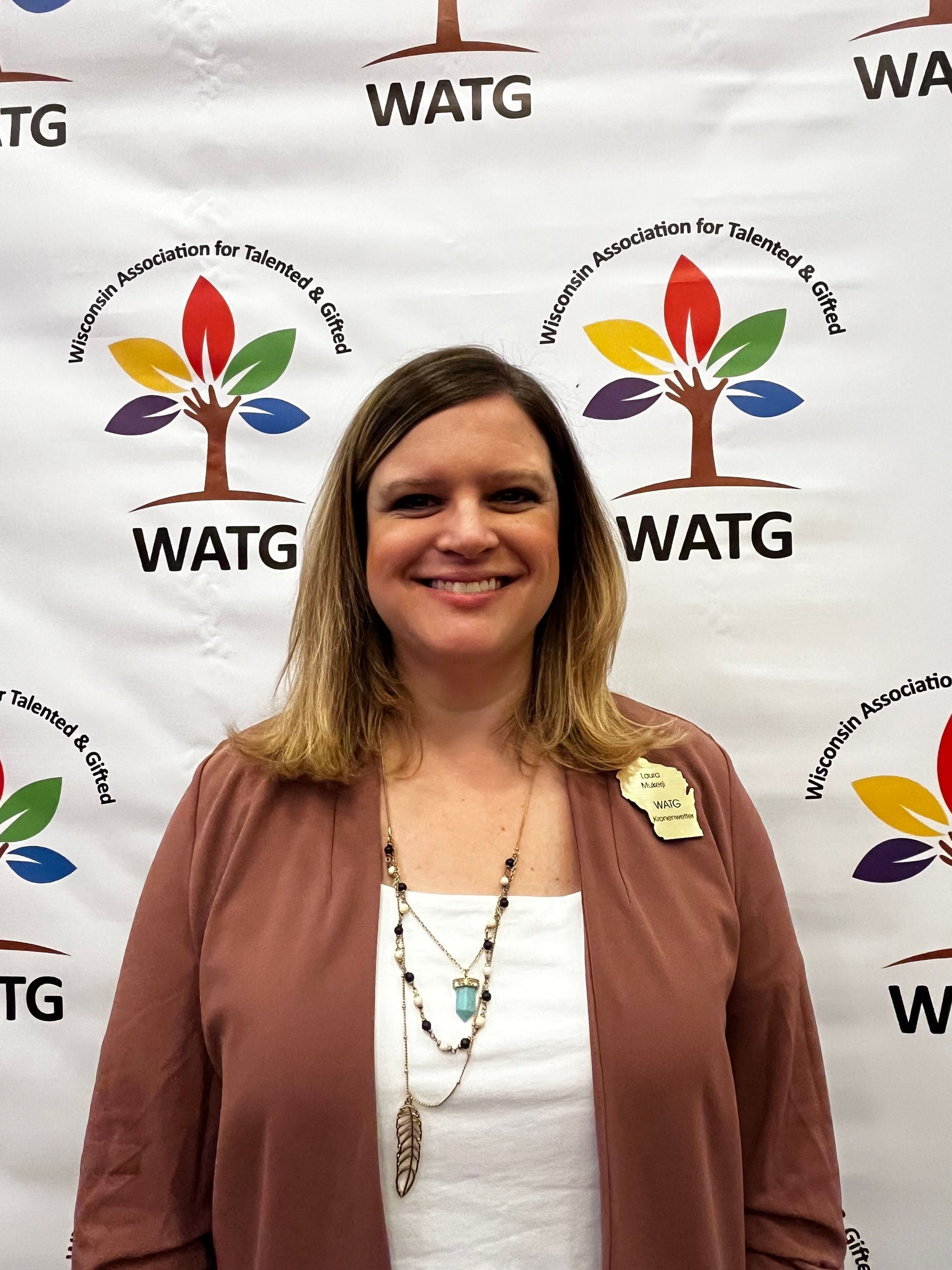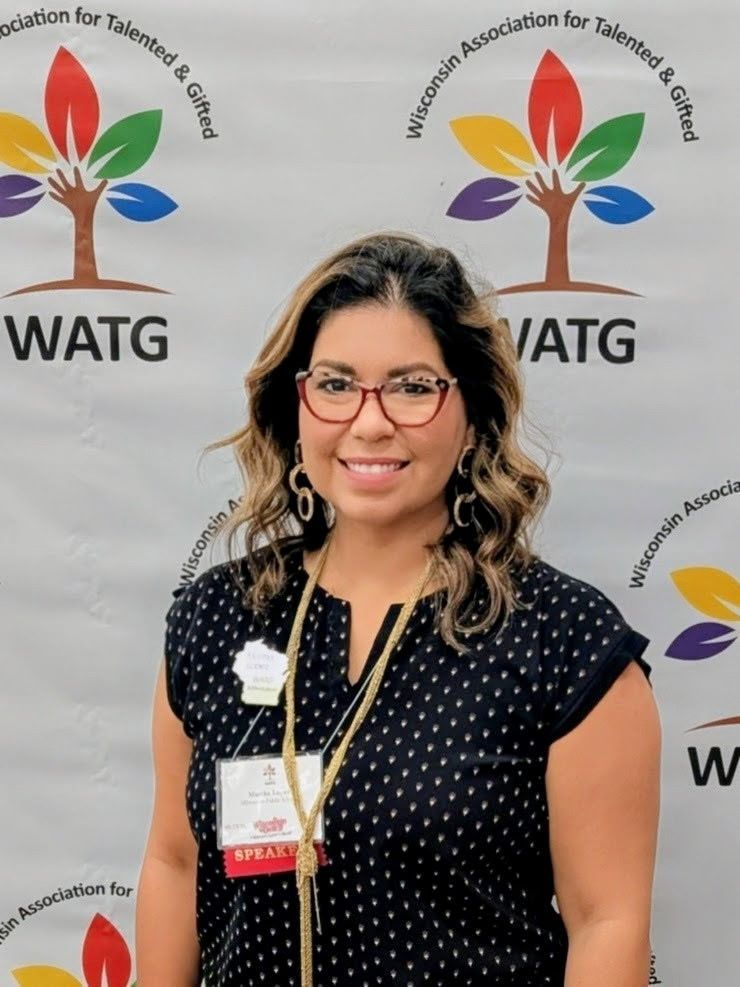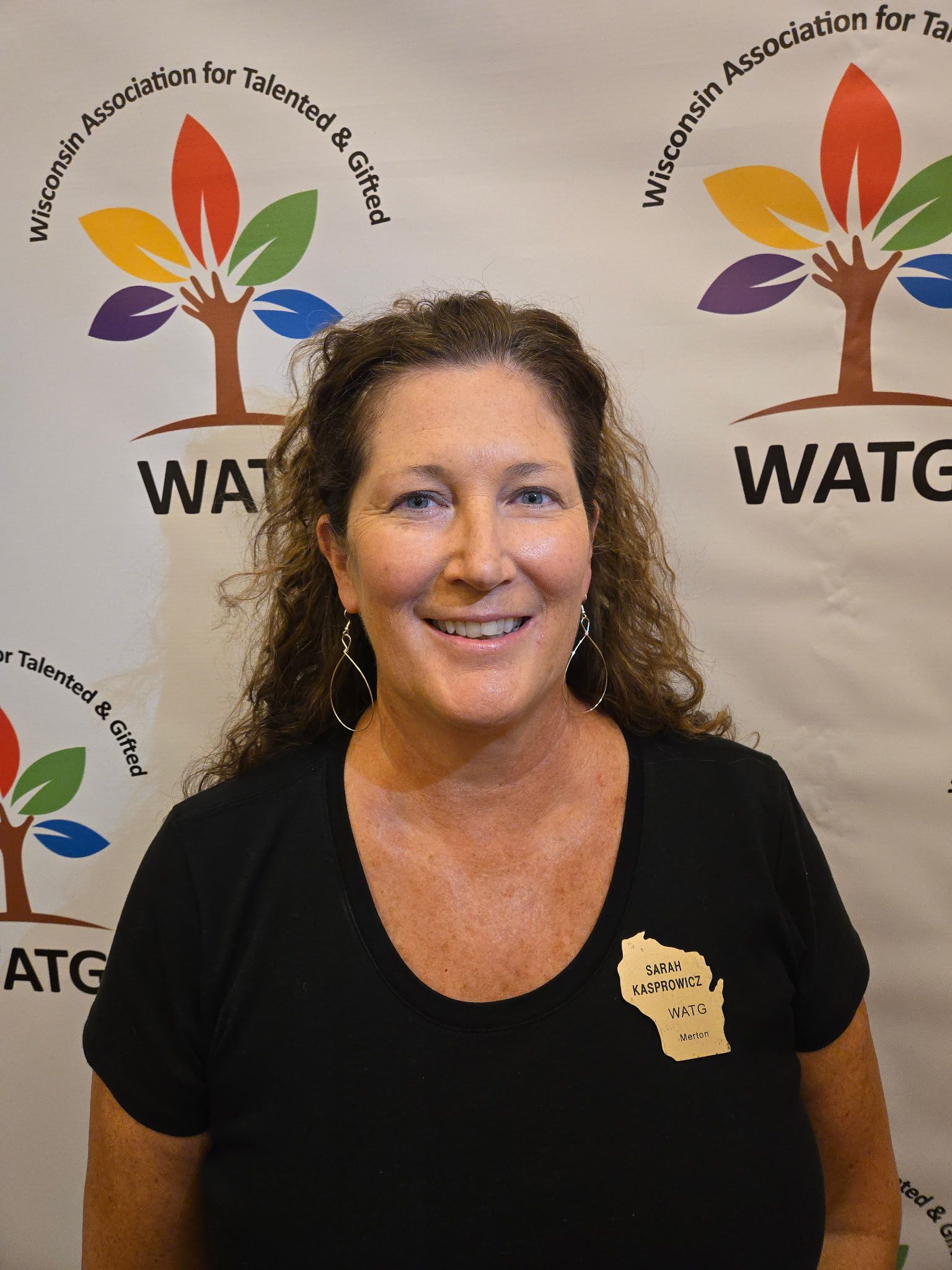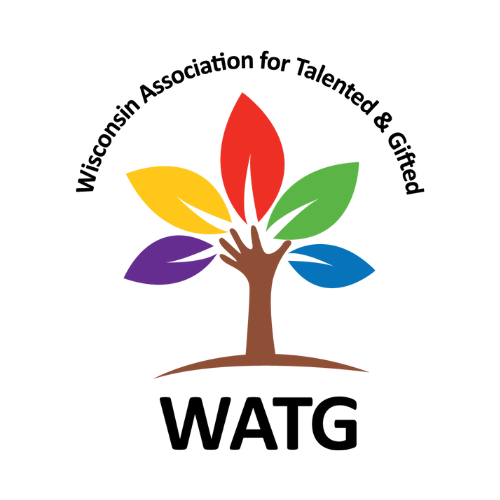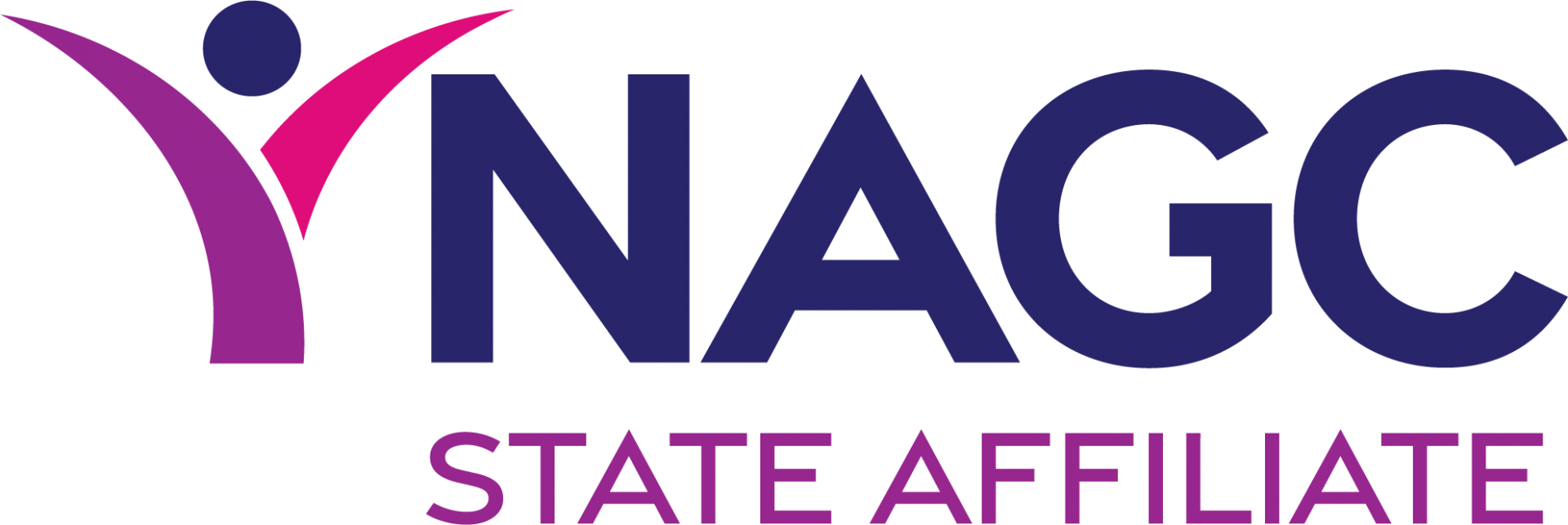Words Matter: Rethinking Gifted Terminology
Terms such as gifted, advanced learners, superior intellect, and students with exceptional abilities are part of the terminology used in the literature to describe students who possess abilities above the norm in academic and non-academic domains. Some of these terms are preferred over others and at times they have been problematic because of the intentional or unintentional message they communicate about these students with the gifted label. I believe words and labels do matter, and here are three reasons.
First, simply labeling students with the broad term “gifted” does not effectively inform the kind of services they need to meet their needs.
Second, some students labeled “gifted” are held to a higher standard than others, and are expected to act, think, and behave in ways that meet the criteria of what others believe giftedness should be.
Third, we are not helping “gifted” students be who they want to be. As a result, the number of people advocating to remove the word gifted continues to increase across US school districts.
Furthermore, when these terms are translated into other languages, such as Spanish, they convey a meaning that I argue is inaccurate, and this contributes to perpetuating myths about students with gifted abilities. For quite some time I have been working on translating documents about giftedness for Spanish-speaking communities as well as consulting with gifted coordinators working with Latino/Hispanic gifted students. The term “gifted students” is often translated into Spanish, as “estudiantes superdotados” which in English translates as super gifted students. This, in my opinion, is erroneous and harmful to students who possess exceptional abilities or unique gifts and talents. The terminology I prefer and advise to be used in Spanish to refer to gifted students is Estudiantes con Habilidades y Talentos Avanzados (literally translated in English as students with advanced abilities and talents).
The term “superdotados” in Spanish, on the other hand, conveys the message that individuals with advanced/gifted abilities are uniquely distinct from the rest of the population, something rare, abnormal, or supernatural, thus, giving gifted students a status of being perfect and almost superhumans. This is problematic for three main reasons. First, it takes their humanity away by placing them in a higher human category such as fictional characters with powers like Superman. As a result, these students are often thought to be invincible, gifted in all areas, and immune to facing challenges in life because of their advanced abilities. Secondly, from the student’s perspective, gifted students may experience unnecessary stress, peer pressure, and unrealistic expectations from members of the community. Consequently, gifted learners often feel isolated, experience issues of low self-esteem, and are viewed as being essentially different from the rest of the population. Third, labels such as “superdotados” (super gifted students) place gifted learners at risk because they are perceived to be immune to failure, or being bodily and mentally shielded from dealing with socio-emotional issues and challenges because they are perceived as having superpowers. Part of advocating for gifted students is making sure that the terms we use to identify gifted learners do not result in adding more stress or false expectations, which could lead to misunderstandings, students being underserved, and the undervaluing of gifted learners.
I want to close with a piece of advice. As parents of gifted students or professionals who work with gifted children, it is important to understand the different definitions and the intentional or unintentional negative meanings they convey. Regardless of which term you prefer, we must remember, first and foremost, that gifted students are children who have unique needs and need support in multiple areas. Thus, the terms we use to refer to them could result in doing more harm than good.
